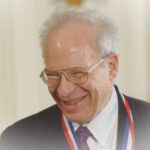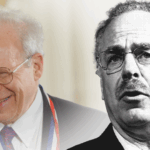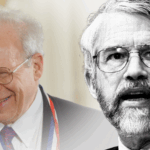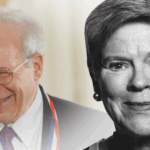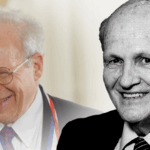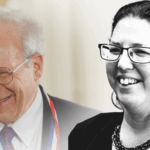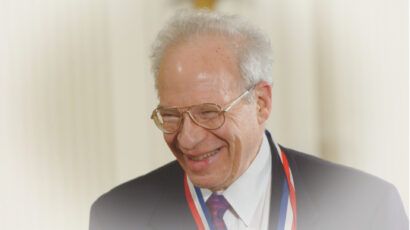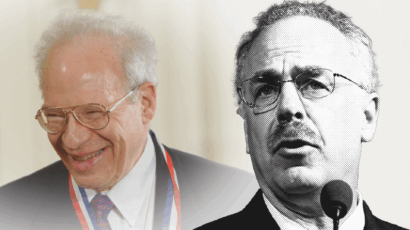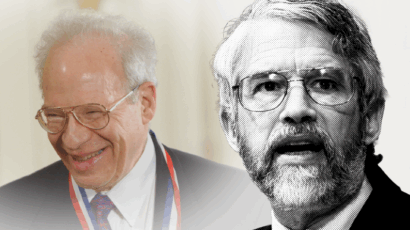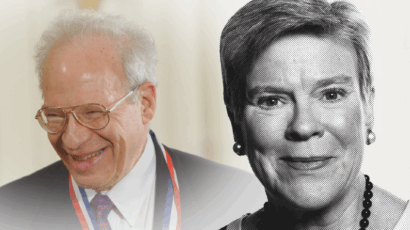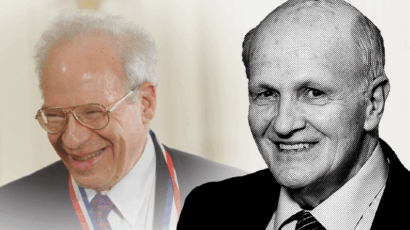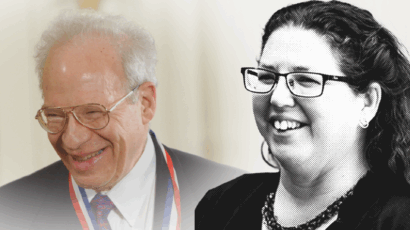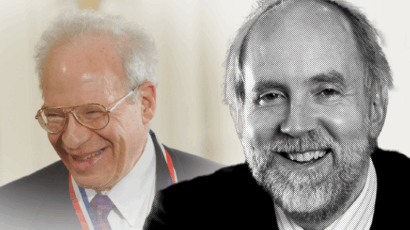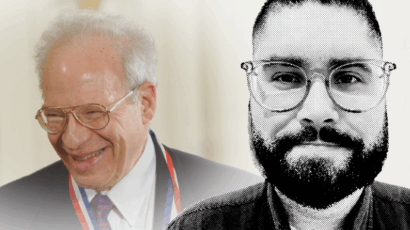What were Chinese soldiers doing in Ukraine?
By François Diaz-Maurin | April 9, 2025
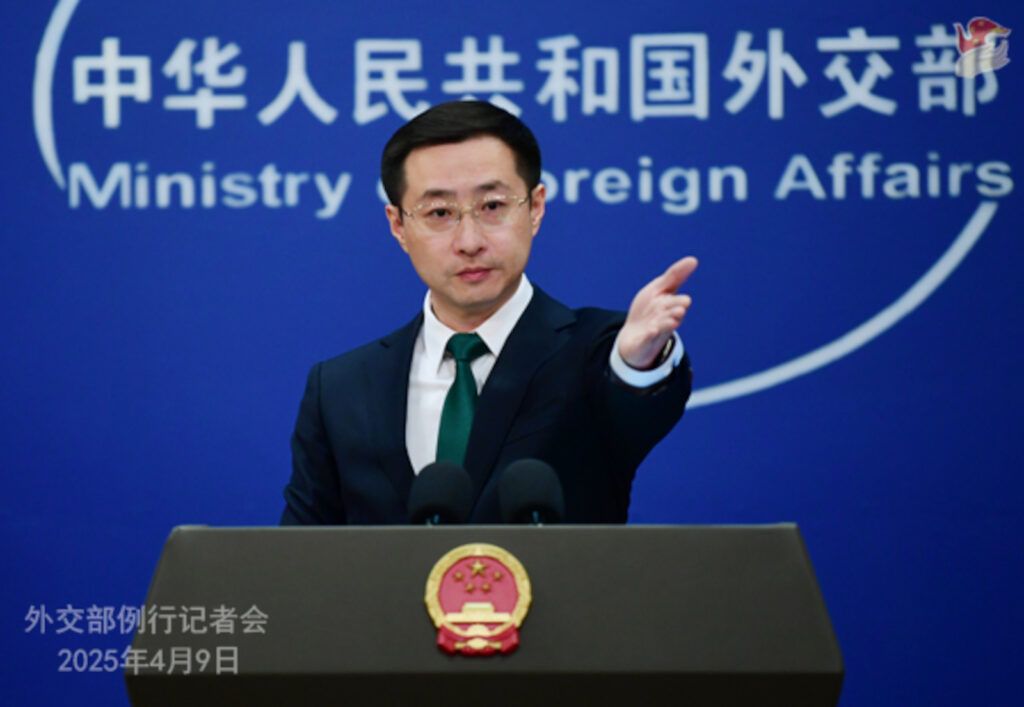 On April 9, Chinese Foreign Ministry spokesperson Lin Jian said during a press conference that Ukrainian President Volodymyr Zelensky's claim that "many more Chinese citizens" are fighting alongside Russian forces in Ukraine is unfounded. (Credit: Chinese Foreign Ministry)
On April 9, Chinese Foreign Ministry spokesperson Lin Jian said during a press conference that Ukrainian President Volodymyr Zelensky's claim that "many more Chinese citizens" are fighting alongside Russian forces in Ukraine is unfounded. (Credit: Chinese Foreign Ministry)
On Tuesday, Ukrainian President Volodymyr Zelensky posted a video and a statement on the social media platform X saying that Ukraine had arrested two Chinese nationals who, he said, were fighting on behalf of Russia in the Donetsk region. In the video, one soldier describes, while handcuffed and speaking in Chinese, what appears to have been a military operation moments before his capture.
China’s deployment of troops in Ukraine would be a major development in the war, bringing a third nuclear power directly involved on the side of Russia after North Korea started sending troops in October.
Zelensky said the soldiers were identified from documents, bank cards, and other personal information retrieved during their capture. A Ukraine army spokesperson confirmed to the Bulletin that the captured Chinese citizens were being held by the security service of Ukraine (SBU) but declined to elaborate, citing ongoing investigative and operational activity. SBU did not respond to our request for comment.
The president instructed Ukrainian Minister of Foreign Affairs Andrii Sybiha to “immediately contact Beijing and clarify how China intends to respond to this.” By Wednesday afternoon, Beijing had still not confirmed the arrest, although a spokesperson of China’s Foreign Ministry said that “China is verifying information with the Ukrainian side,” referring to the identity and the whereabouts of the two Chinese soldiers captured in Ukraine.
“Let me stress that the Chinese government always asks Chinese nationals to stay away from areas of armed conflict, avoid any form of involvement in armed conflict, and in particular avoid participation in any party’s military operations,” the spokesperson added. This suggests that Beijing may try to claim the two Chinese individuals entered the war zone on their own initiative to support Russia, therefore not at China’s request.
It is still unknown whether the two Chinese soldiers captured in Ukraine were mercenaries, were part of a Chinese military unit, or belonged to China’s intelligence services. It is also unclear what their actions in Ukraine were before being captured, how many Chinese soldiers have been fighting in Ukraine, or when and how they arrived.
The Trump administration first reacted to the arrest late Tuesday during a press briefing, during which State Department spokesperson Tammy Bruce qualified the presence of Chinese soldiers in Ukraine as “disturbing.”
“China is a major enabler of Russia in the war in Ukraine,” Bruce said. She added that “China provides nearly 80 percent of the dual-use items Russia needs to sustain the war,” referring to the goods and technology that can be used for both civilian and military purposes. Citing President Trump, Bruce said that the “continued cooperation between these two nuclear powers [Russia and China] will only further contribute to global instability and make the United States and other countries less safe, less secure, and less prosperous.”
Officially, China does not support Russia’s war effort so as not to upend its diplomatic and trade relations with the United States and Europe. But behind the scenes, China has become a major supplier of dual-use components to Russia. According to Carnegie China expert Nathaniel Sher, in 2023 China covered approximately 90 percent of Russia’s imports of goods placed on the Group of Seven’s high-priority export control list as possibly fueling Russia’s weapons programs. This level of support is up from 32 percent before the war.
Since the beginning of the war, Ukraine’s allies have resisted sending troops to Ukraine, fearing the risk of escalation with Russia and a possible military confrontation with NATO members. That view started to shift in recent weeks. After the United States temporarily lifted its intelligence sharing with and military assistance for Ukraine, French President Emmanuel Macron said a coalition of European countries led by France and the United Kingdom was considering sending troops to provide security guarantees for Ukraine after an eventual ceasefire, adding that this deployment would not need Russia’s approval.
Since arriving in office in January, President Donald Trump has vowed to bring the war in Ukraine to an end by brokering a ceasefire or peace deal with Russian President Vladimir Putin. But on March 30, following a visit to President Trump at his Mar-a-Lago golf resort, Finnish President Alexander Stubb told reporters that Trump was “losing patience with Vladimir Putin’s stalling tactics over the Ukraine ceasefire.” Stubb reportedly suggested that Trump set a deadline of April 20, after which Putin would be required to comply with a full ceasefire.
The arrest of Chinese soldiers in Ukraine on Tuesday may further complicate negotiations with Putin as it could bring a new major party into the conflict.
Together, we make the world safer.
The Bulletin elevates expert voices above the noise. But as an independent nonprofit organization, our operations depend on the support of readers like you. Help us continue to deliver quality journalism that holds leaders accountable. Your support of our work at any level is important. In return, we promise our coverage will be understandable, influential, vigilant, solution-oriented, and fair-minded. Together we can make a difference.
Keywords: Kim Jong-un, North Korea, Russia-Ukraine war, South Korea, United States, escalation, nuclear proliferation
Topics: Nuclear Weapons


